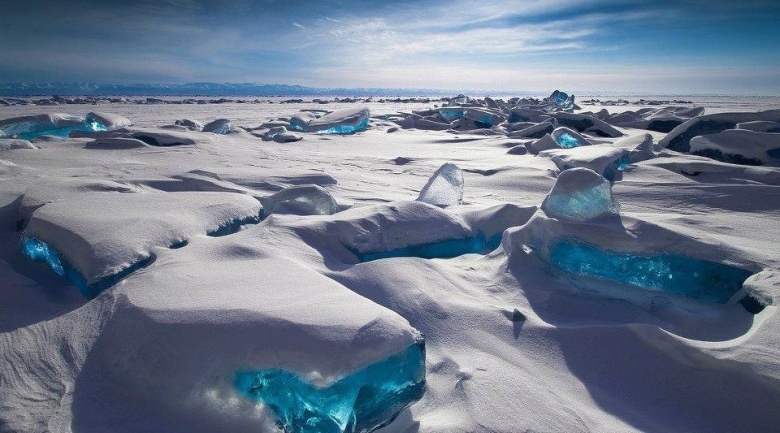
A vast majority of scientists believe that the Earth is warming at an unprecedented rate and that human activity is certainly the dominant cause. But on the topics of response and mitigation, there is far less consensus. One of the most controversial propositions for slowing the increase in temperatures here on Earth is to manipulate the atmosphere above.
Specifically, some scientists believe it should be possible to offset the warming effect of greenhouses gases by reflecting more of the sun’s energy back into space. The potential risks, and benefits, of solar radiation management (SRM) are substantial. So far, however, all of the serious testing has been confined to laboratory chambers and theoretical models. While those approaches are valuable, they do not capture the full range of interactions among chemicals, the impact of sunlight on these reactions, or multiscale variations in the atmosphere.
Now, a team of researchers from the Harvard School of Engineering and Applied Sciences (SEAS) has outlined how a small-scale “stratospheric perturbation experiment” could work. By proposing, in detail, a way to take the science of geoengineering to the skies, they hope to stimulate serious discussion of the practice by policymakers and scientists. Ultimately, they say, informed decisions on climate policy will need to rely on the best information available from controlled and cautious field experiments.
The paper is among several published today in a special issue of the Philosophical Transactions of the Royal Society A that examine the nuances, the possible consequences, and the current state of scientific understanding of climate engineering. David Keith, whose work features prominently in the issue, is Gordon McKay Professor of Applied Physics at Harvard SEAS and a professor of public policy at Harvard Kennedy School. His coauthors on the topic of field experiments include James Anderson, Philip S. Weld Professor of Applied Chemistry at Harvard SEAS and in Harvard’s Department of Chemistry and Chemical Biology; and other colleagues at Harvard SEAS.
“The idea of conducting experiments to alter atmospheric processes is justifiably controversial, and our experiment, SCoPEx, is just a proposal,” Keith emphasizes. “It will continue to evolve until it is funded, and we will only move ahead if the funding is substantially public, with a formal approval process and independent risk assessment.”
